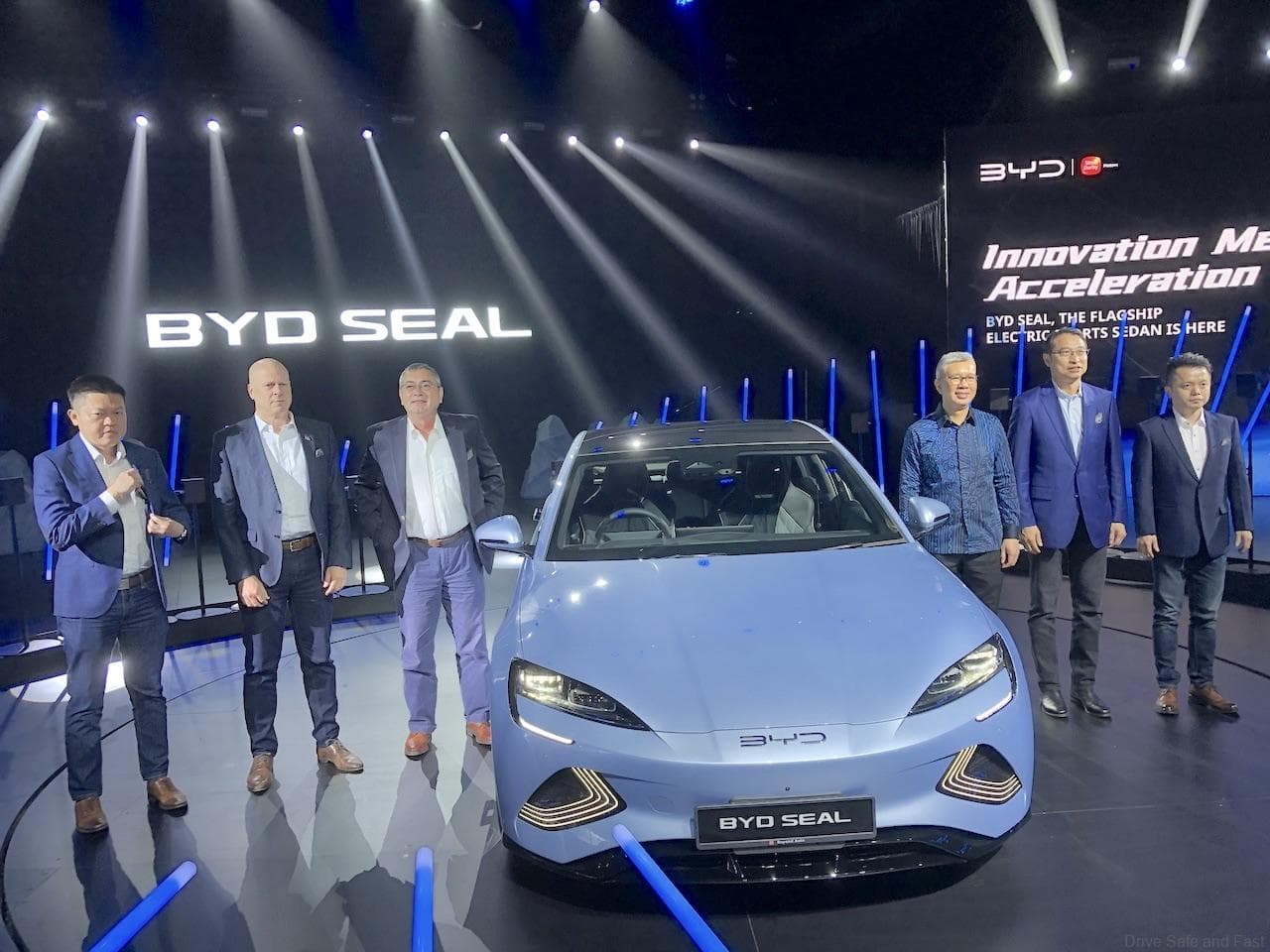Apparently only 2.5 percent of EV battery packs from 2011 to 2024 have been replaced
When considering the purchase of a used electric vehicle (EV), many will naturally worry about battery health. While it is true that battery health is an essential factor in the overall performance and longevity of an EV, recent data suggests that concerns about used EV batteries may be overblown.

According to new research conducted by Recurrent, a company specialising in EV battery analytics, the need for battery replacements in newer EVs is quite low, indicating that used EVs are a viable and reliable option for many. One of the most reassuring findings from Recurrent’s research is that EVs manufactured from 2016 onwards have shown remarkable battery durability.
Moreover, less than 1 percent of these vehicles required a battery replacement, excluding those that were part of a recall. This statistic highlights the advancements in battery technology and the effectiveness of improved thermal management systems, which help maintain optimal battery temperatures and enhance overall battery life.

Overall, the study reveals that only 2.5 percent of battery packs in EV models from 2011 to 2024 have needed replacements. This low replacement rate suggests that the majority of used EVs on the market today still possess their original batteries, which continue to perform adequately.
On top of that, while it is true that older EVs, particularly those produced before 2016, have a higher incidence of battery replacements, it’s important to note that the cost dynamics of EV batteries have also evolved. Battery costs can indeed be substantial, sometimes representing up to 50 percent of the vehicle’s value.

However, newer EVs feature significantly larger batteries, about 122 percent larger on average between 2015 and 2022. These larger batteries have greater capacity and are able to tolerate more degradation before their performance impacts the vehicle’s range significantly. Consequently, a newer used EV is likely to offer better value and longevity.
What’s more, the advancements in thermal and battery management systems have played a crucial role in enhancing battery longevity. These systems help maintain optimal operating conditions, preventing excessive heat buildup and ensuring that the battery operates within its ideal temperature range.

In short, this technological progress means that used EVs benefit from improved durability and reliability, further justifying their consideration. So, buying a used electric car today is fine. The low rate of battery replacements in newer EVs, the advancements in battery technology, and the enhanced battery management systems all contribute to the reliability and longevity of used EVs.